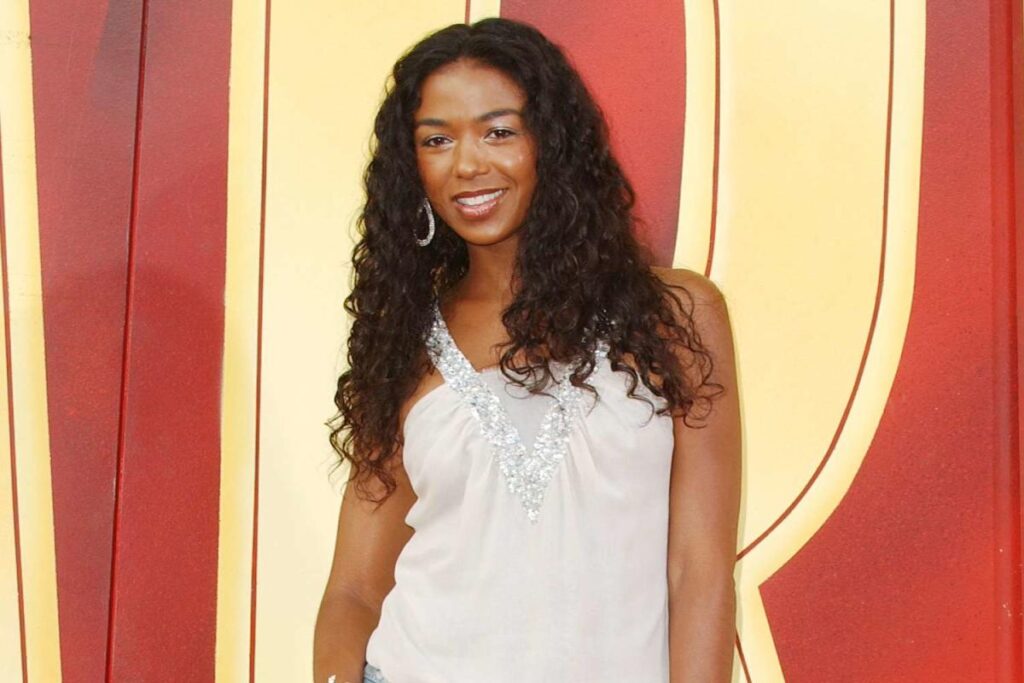Former talk show host and MTV VJ Ananda Lewis has bravely opened up about her ongoing battle with breast cancer, which has now advanced to stage IV after initially being diagnosed at stage III in 2020. In a candid round-table discussion with CNN’s Stephanie Elam and Sara Sidner, both of whom are also navigating cancer journeys, Lewis shared the difficult decisions she made post-diagnosis, including her choice to forgo a double mastectomy as recommended by her doctors. She revealed that her refusal to undergo mammograms for years stemmed from a fear of radiation exposure, illustrating the complexities of facing cancer and the emotional turmoil attached to choosing the best course of treatment.
Reflecting on her reasoning for denying medical advice, Lewis explained that her initial plan revolved around removing “excessive toxins” from her body. She expressed a deep-seated belief in the intelligence of her body and opted to keep her tumor, striving to find alternative methods to combat her illness. Despite pursuing homeopathic remedies, medication, better sleep, and dietary changes, she eventually faced a stark reality when her cancer metastasized. Lewis recounted a haunting moment in which her lymphatic system flared up, prompting her to contemplate mortality for the first time, leading to feelings of frustration and anger over her earlier choices.
The gravity of her diagnosis significantly impacted Lewis’s outlook and priorities, illuminating the importance of living a quality life even in the face of a terminal illness. During her reflection, she expressed the sentiment that even when confronted with potential death, she wished for more time to make the most out of her life. Offering some perspective, she humorously stated her intention to “make it fun” for death when it inevitably arrives, showcasing her resilience and refusing to succumb to despair.
In contrast, Sidner, who opted for a double mastectomy, described how her diagnosis has led her to seek more joy and fulfillment in her life. She emphasized the desire to thrive and fully embody the experience of living in a way she had never felt before. This juxtaposition of their experiences enriched the conversation, where each woman’s approach illuminated varying perspectives on quality of life amidst cancer treatment decisions.
Lewis’s reflections reveal a complicated and highly personal journey of battling cancer while making choices guided by the desire for an improved quality of life. Cardiovascular health, mental well-being, and holistic healing played vital roles in her decision-making process. As her cancer continued to progress, the emotional weight of her choices became clearer, leading her to advocate for others to consider medical advice seriously while also honoring their individual needs and fears.
The roundtable discussion aimed to encourage others to take proactive steps in maintaining their health, particularly in relation to breast cancer screenings. Elam emphasized her gratitude for the women’s willingness to share their experiences, asserting that even inspiring just one woman to prioritize mammograms would mark a significant success. Lewis’s story serves as a poignant reminder of the complexities of illness, the importance of empowerment in health decisions, and the unyielding need to find joy in life’s moments despite the looming specter of disease.

